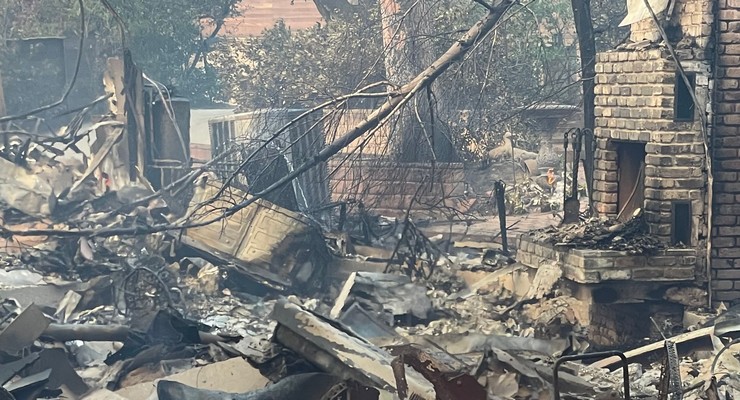
The process of researching a 2015 street traffic study spurred the further development of software by Pasadena’s Department of Transportation which now allows easy identification of the city’s problematic and high collision areas.
The three intersections that have seen the most collisions since 2014 in Pasadena are Lake Avenue at Orange Grove Boulevard (36 accidents), Maple Street at Fair Oaks Avenue (27 accidents) and Lake Avenue at Corson Street (25 accidents), according to Pasadena’s Traffic Engineering Department.
Most of Pasadena’s problems areas which experience high collision rates are near freeway on and off ramps.
The biggest causes of car accidents are speeding and inattention, said Lieutenant Vasken Gourdikian of the Pasadena Police Department.
“We’d like to remind our motoring public to exercise caution while driving, especially transitioning on and off freeways during peak hours,” he said. “Do not drive while distracted and make sure you look before you change lanes.”
In an effort to better understand the traffic problems of the city, the Department of Transportation contracted with Kittelson and Associates to study congested, accident-prone areas and released the 2015 Safer Streets Report.
As a result of the study, Norman Baculinao, of the Department of Transportation, said “we’ll be putting up more protected left hand signals, reconfiguring lane stripings and widening sidewalks via curb extension.”
To increase the effectiveness of finding crash zones, the city implemented a project focusing on applying the performance standards of the Highway Safety Manual into Crossroads, Pasadena’s traffic collision software, according to the report. The manual was created by the American Association of State Highway Transportation officials in 2010 and provides guidelines for predicting the safety measures of roadways.
Gourdikian said the Police Department is always looking for ways to improve traffic flow and reduce accidents in Pasadena.
“We vigorously work to address the top collision corridors throughout the city that have patterns of [accidents],” Gourdikian replied. “Our traffic section does a good job of going out and trying to understand why and where collisions are occurring.”
Baculinao, who meets with the police department once a month, said he and the police exchange notes on citizen complaints and high-traffic areas that require attention.
“There’s a speeding concern, and we relay that to them,” he said. “It helps them [properly] deploy. They have a limited number of bodies, but they are covering over 350 miles of street in Pasadena, and they usually target locations based on the number of crashes.”
In the Safer Streets study, field observers identified the five intersections most prone to accidents in Pasadena: Oak Knoll Avenue and Cordova Street, Lake Avenue and Orange Grove Boulevard, Los Robles Avenue and Buckeye Street, Lincoln Avenue and Mountain Street, and Washington Boulevard between Garfield Avenue and Lake Avenue.
According to Baculinao, the Department of Transportation will recommend the City Council approve changes to these cross streets, and as a result of the Safer Streets Study, changed the way they compile lists of dangerous intersections.

















